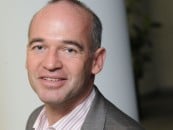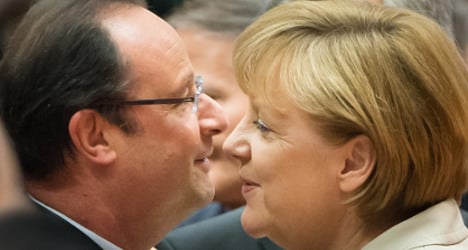by Stefan Ulrich

This article first appeared online on the Sudeutsche Zeitung news website. To view the original article CLICK HERE.
After the French president ousted his rebel Economy Minister for an outspoken attack on Germany and replaced him with a social liberal ex-banker, political commentator Stefan Ulrich argues that Chancellor Angela Merkel now needs to repay the favour.

by Stefan Ulrich

This article first appeared online on the Sudeutsche Zeitung news website. To view the original article CLICK HERE.
Member comments